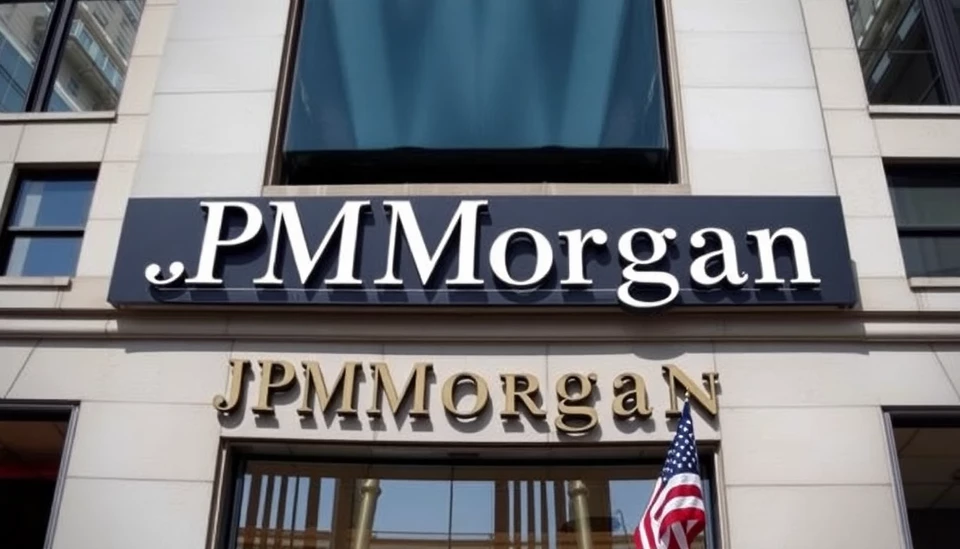
In a significant move to bolster their cybersecurity measures, JPMorgan Chase and BNY Mellon have enacted restrictions on the information they share with the Office of the Comptroller of the Currency (OCC) after a recent hacking incident. This decision underscores the increasing concern among financial institutions regarding the need to protect sensitive data in the wake of heightened cyber threats.
The hacking event, which targeted critical systems used within the banking sector, raised alarms about the vulnerabilities present in financial institutions. In response, both JPMorgan and BNY Mellon have determined that limiting access to certain sensitive information is necessary to mitigate potential risks associated with future cyberattacks. These banks are now adopting a more cautious approach to data-sharing practices, reflecting a broader trend in the finance industry where the awareness of cybersecurity has become paramount.
Insider sources suggest that the breach forced the banks to reconsider their previous data-sharing protocols with regulatory bodies and other parties. It appears that the move is not only about protecting customer information but also about safeguarding the financial integrity of the firms involved. By controlling the flow of information, they aim to reduce the risk of a more severe breach that could impact not only their operations but also the entire banking ecosystem.
This development has sparked discussions on the balance between transparency and security within the financial industry. While regulators like the OCC play a crucial role in overseeing financial practices and ensuring compliance, the recent incident has cast doubt on the effectiveness of existing data-sharing frameworks. Financial institutions are now grappling with how to maintain regulatory obligations while protecting sensitive data from potential cyber threats.
The implications of this cautious approach could extend far beyond just JPMorgan and BNY Mellon. Other banks and financial entities are likely to follow suit, creating a ripple effect in the industry. As the threat of cyberattacks continues to loom large, the need for robust security measures remains a top priority among financial institutions. This shift could lead to revised strategies for data sharing and compliance across the financial sector, as more organizations recognize the necessity of protecting their information assets from cyber threats.
As these events unfold, it will be essential for regulators and financial institutions to cooperate and find a way to enhance cybersecurity protocols while ensuring that financial oversight is maintained. The evolving nature of cyber threats demands agile responses, and the current actions by JPMorgan and BNY Mellon may be just the beginning of a larger transformation in the banking industry's approach to cybersecurity and data sharing.
In conclusion, the recent breach incident has prompted significant changes in how banks manage their information-sharing practices with regulatory bodies. This development serves as a critical reminder of the ongoing challenges posed by cyber threats and the continual need for vigilance in the financial sector.
#JPMorgan #BNYMellon #cybersecurity #datasharing #bankingindustry #OCC #fintech
Author: Samuel Brooks




